T4K3.news
Apple rejects Musk claim of App Store bias toward OpenAI
Apple says its App Store rankings are based on objective criteria amid Musk's bias claims in the AI apps market.
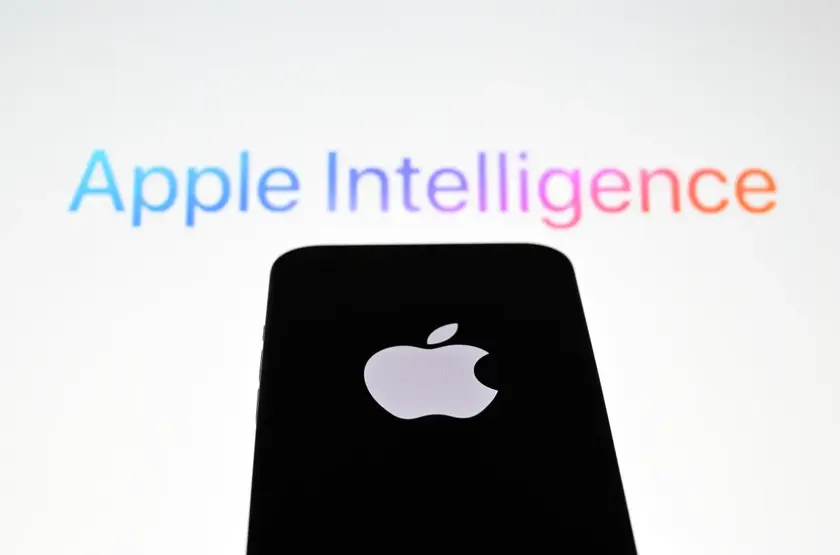
Apple says its App Store rankings are based on objective criteria as Elon Musk challenges bias claims in the AI apps market.
Apple rejects Musk claim of App Store bias toward OpenAI
Apple has rejected Elon Musk’s accusation that the App Store is biased against AI apps that compete with OpenAI. The company told the BBC that it features thousands of apps through charts, algorithmic recommendations and curated lists selected by experts using objective criteria. "We feature thousands of apps through charts, algorithmic recommendations and curated lists selected by experts using objective criteria," Apple stated.
Musk, via his xAI venture, threatened to sue Apple, arguing that its actions amount to a way to keep OpenAI ahead. Apple and OpenAI formed a partnership last year to integrate AI models into Apple products like Siri and iOS. Yet there is no public evidence that Apple ranks OpenAI ahead of rivals; AI apps such as Perplexity and DeekSeek have topped the App Store charts in recent months. The clash comes as regulators around the world scrutinize how major platforms control app distribution, and as Apple faces ongoing legal scrutiny in other cases, like the Epic Games dispute.
Key Takeaways
"We feature thousands of apps through charts, algorithmic recommendations and curated lists selected by experts using objective criteria."
Apple's official defense of its ranking system in response to bias claims
"The market will decide who leads in AI apps, not one partnership."
Analyst view on competition dynamics
"Regulators are paying attention to how app stores surface AI tools."
Policy perspective on oversight
The episode shows how gatekeeping power sits at the heart of digital markets. When a few platforms control access to audiences, scrutiny of ranking signals and revenue mechanisms becomes a political issue as much as a tech one.
For developers, visibility matters as much as product quality. If regulators demand more transparency about how charts are weighted, Apple could face changes that reshape the competitive landscape and potentially unlock more challenger apps. The Musk-OpenAI side of the story also tests whether a single strategic alliance can steer user attention or whether competition will force platforms to expose more of their decision logic.
Highlights
- Let data decide what users see, not talk
- The charts speak louder than claims
- OpenAI is not the only star on the charts
- Regulators are watching how platforms surface apps
Regulatory and political risk around platform power
The dispute touches on potential regulatory action and public reaction to Apple's App Store practices, especially as governments scrutinize app distribution and AI competition.
The debate over platform power will continue to unfold as regulators and courts weigh in.
Enjoyed this? Let your friends know!
Related News

Musk takes legal action against Apple over App Store ranking
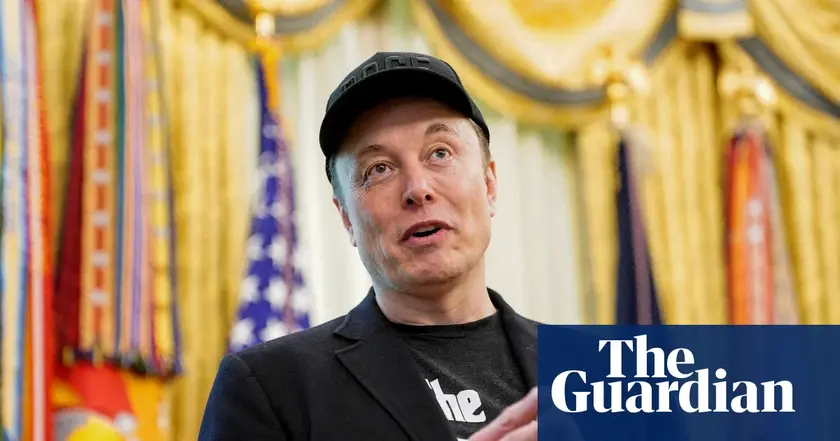
Musk Sues OpenAI Apple in Antitrust Clash Over AI and App Store Power
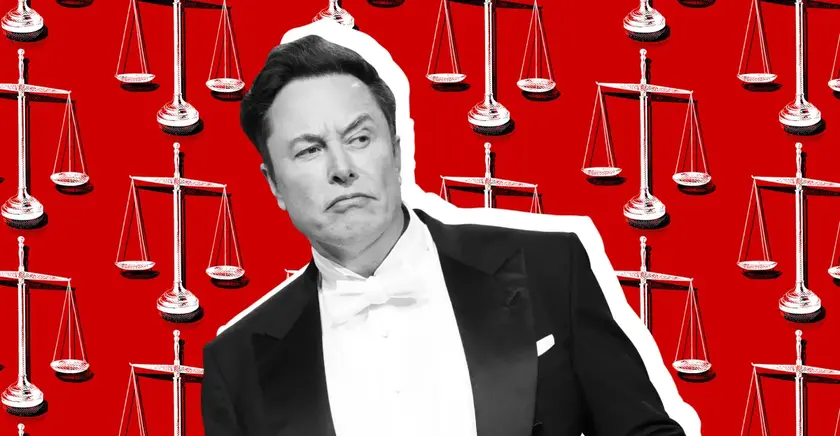
Musk accuses Apple of antitrust in App Store rankings
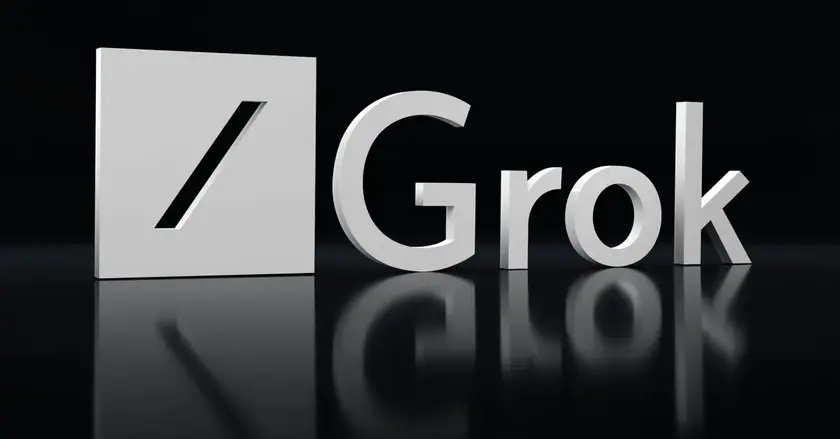
Antitrust claim rocks app store ranking
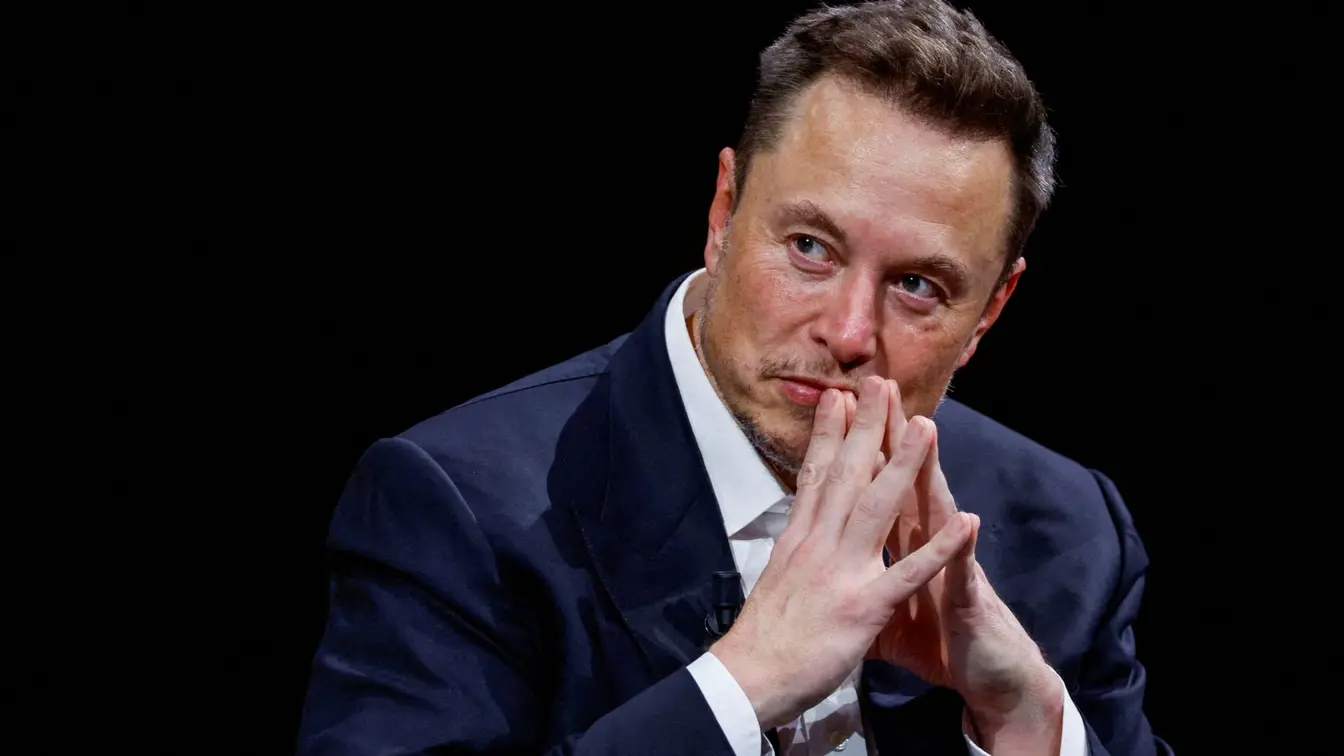
Musk Sues Apple and OpenAI

Musk escalates clash with Apple
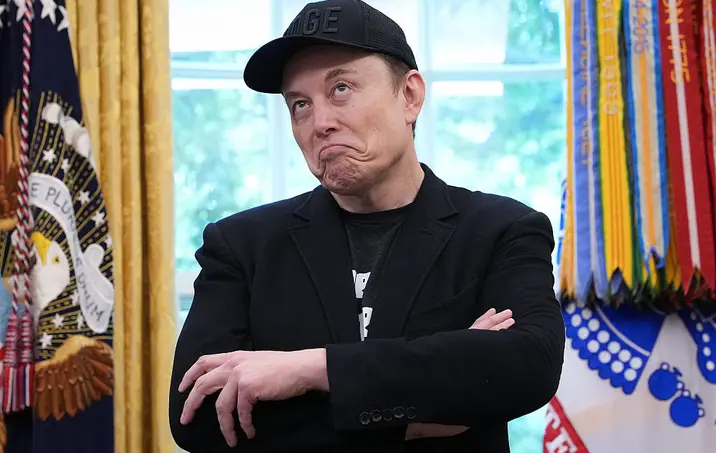
Musk targets Apple with lawsuit threat over Grok rankings
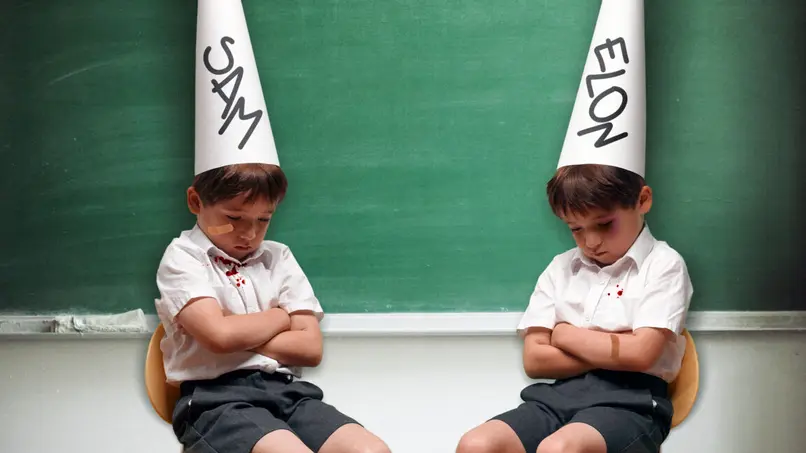
OpenAI Musk dispute escalates
